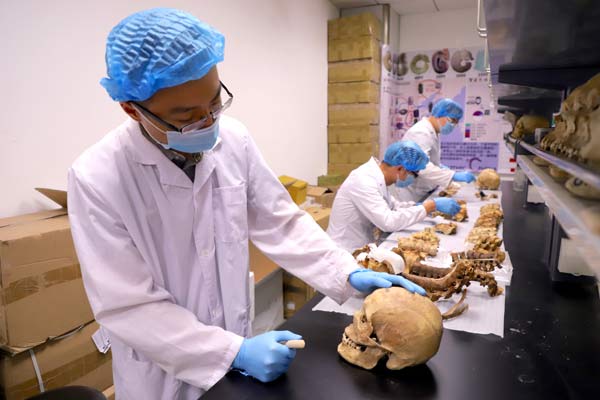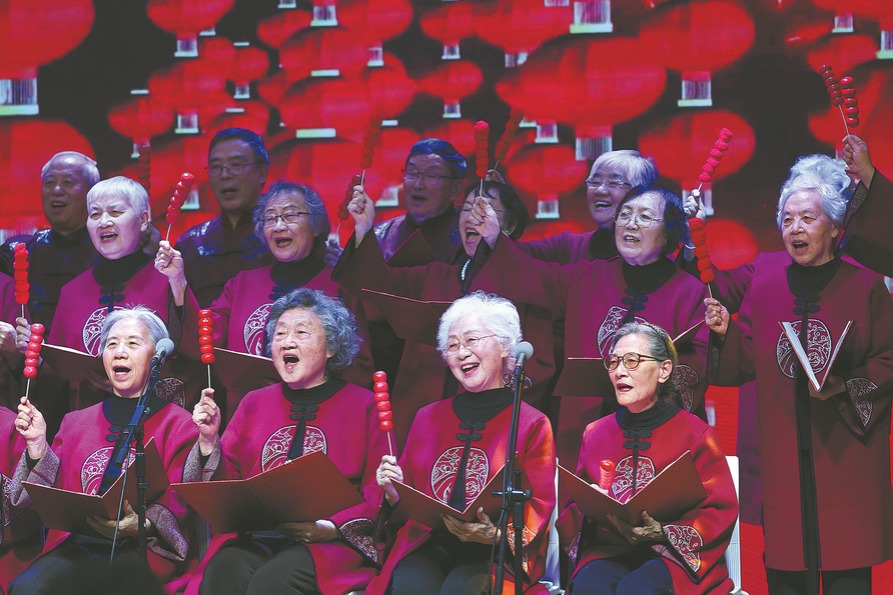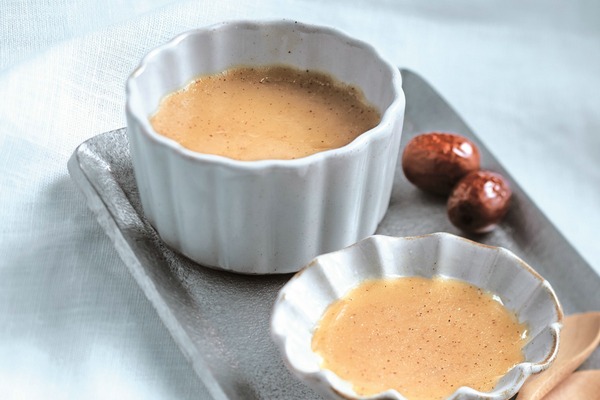The sons and daughters of invention


Passion and struggles
Three top contest winners are involved in new materials, demonstrating the country's emphasis on this emerging industry.
The gold medal winner, for instance, was Cui Jianxun and his team of Flance (Beijing) Nanotechnology, which makes innovative nano materials used in military applications, electronic information, flexible displays and biological medicine.
About 85 percent of medium and high-end materials in China are imported, but with Flance's method, manufacturers can reduce the cost of such materials by about 80 percent, says Cui, chief executive of the 5-year-old company.
It will turn in a profit in excess 10 million yuan a year, Cui says.
Yet entrepreneurship is never simply a matter of a eureka moment. It involves hard work, failures, frustration and humility. Those working on the project got used to very long days, leaving the office later than 8 pm and sometimes sticking around until 10 pm.
"There were challenges all the time, but we were able to rise to them because we are full of passion," Cui says.
Another candidate, Ma Xiangyang, a student at Minzu University of China, agrees.
When the 21-year-old first learned tie-dyeing from an 80-year-old woman in Yunnan province, he felt embarrassed as the only man in the group working on textiles. But he persisted. "(It was) a completely new life experience for me," Ma says.
Ma and his team members finally succeeded in finding a new formula for dyeing materials to create color gradients-unlike the traditional tie-dyeing methods that show even colors, they could reveal various complex shades and layers of colors. His team had already taken orders valued at 1 million yuan before the contest.
His team's tie-dyeing program was the only cultural-creativity project in the final. He says his expectations for success were low.
"I really wanted to find some innovators and people with more management experience," says Ma.
The 20-year-old twin sisters, who are students from Hainan University, Li Junjun and Li Jiajia, had a bittersweet experience in the final.
They were a bit upset when the judges gave low marks for their agricultural project, a new type of fodder that helps chickens grow faster, boosts immunity and yields better meat.
But that sadness was short-lived, as the pair was stopped in a corridor later by an incubator operator, who has expressed interest in their project.
Their team has provided 1,000 free chicks a year to 103 families in poverty in Lemei village, Hainan province, to promote poverty relief in the region.
The project is said to have increased the farmers' income by a total of 2.15 million yuan.
"We visited the farms and persuaded farmers to use our products. Even though we were not paid anything, seeing their happy faces gave us a strong sense of achievement," says Li Junjun with a smile.




































